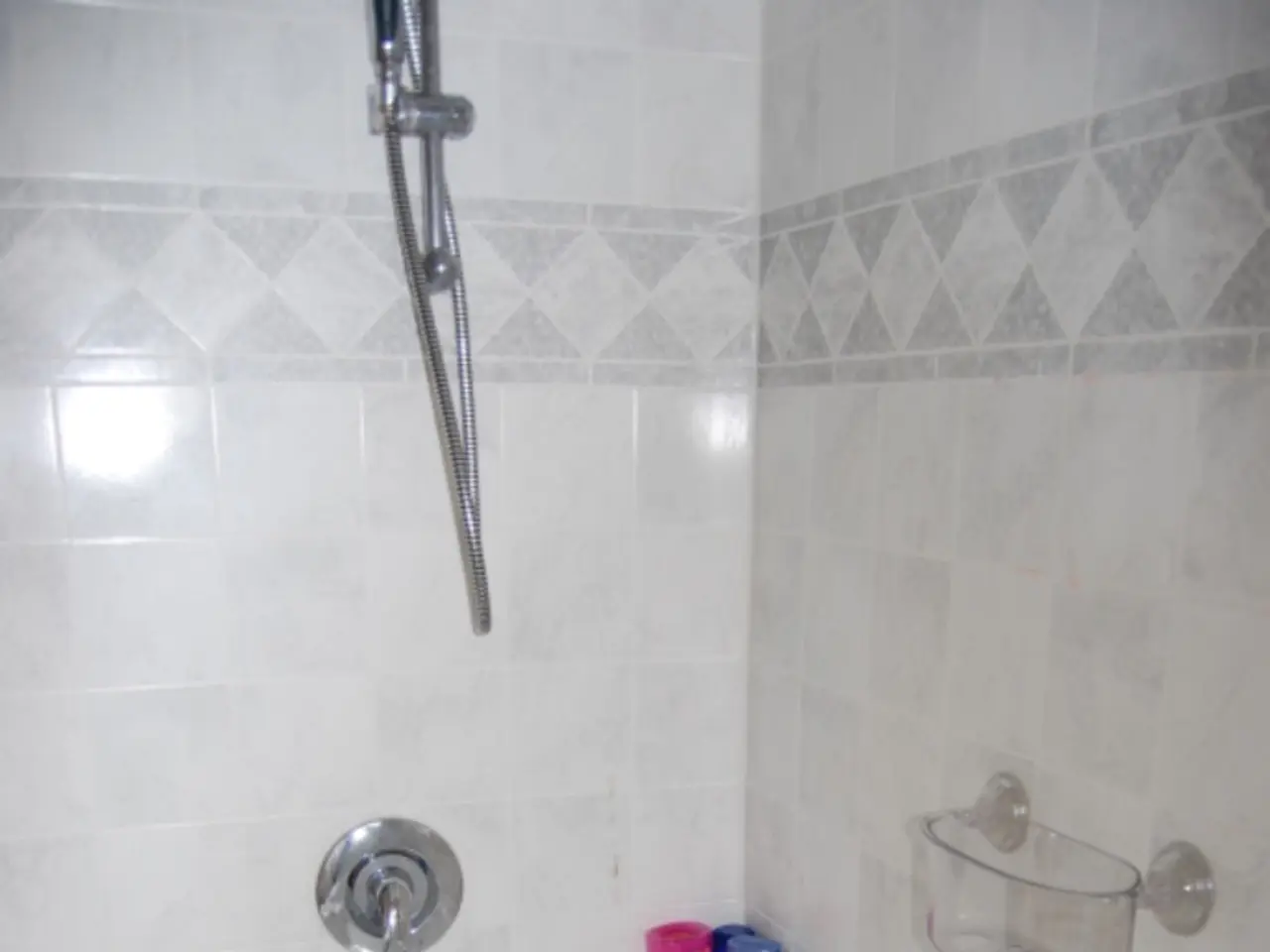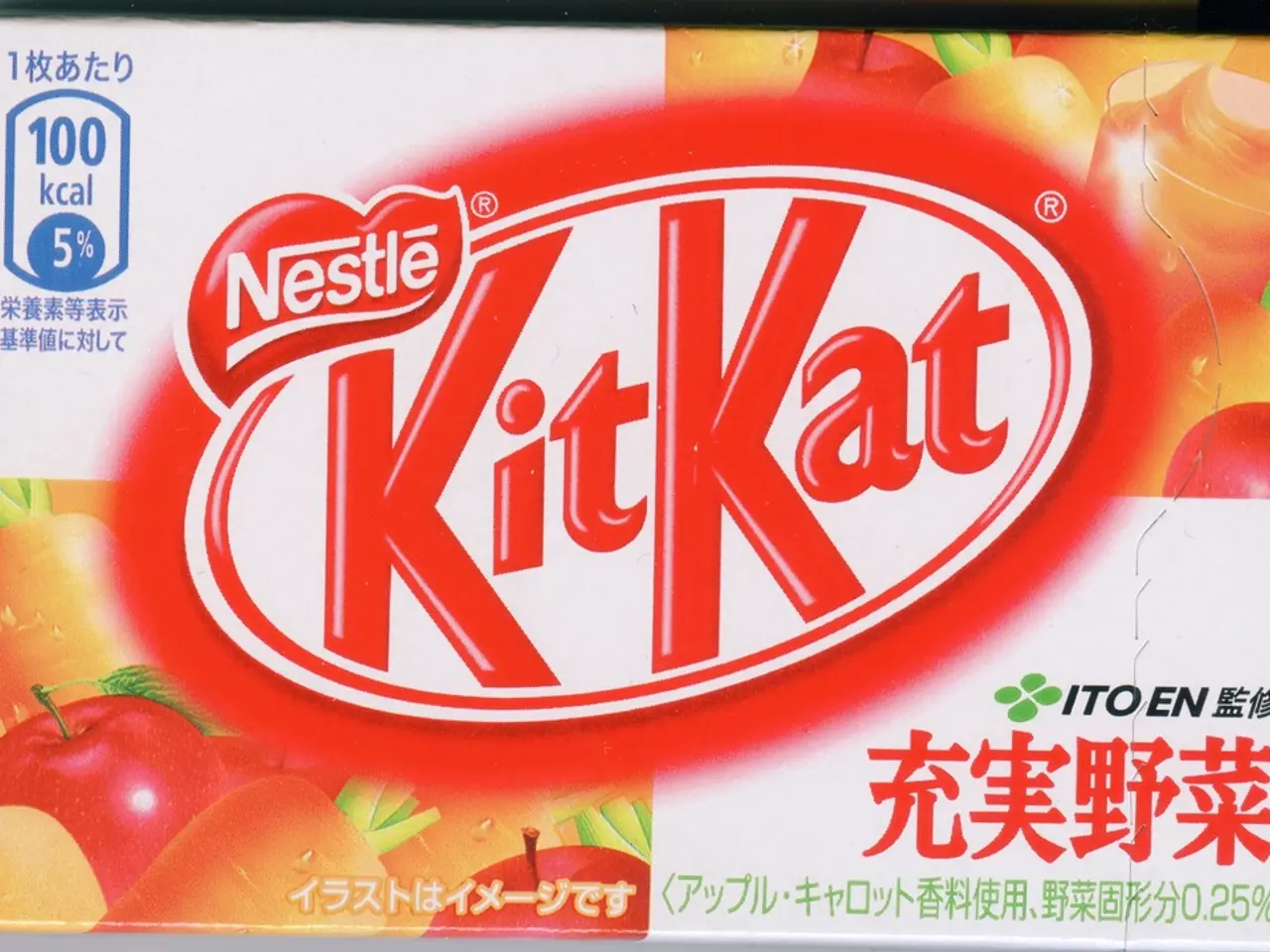Home-made Solutions for Excessive Grease: DIY skincare for oily complexions
Oily skin can be a challenge to manage, but there are several natural treatments that can help reduce its appearance and improve skin texture without the side effects of harsh chemicals.
Honey, known for its natural antibacterial and moisturizing properties, is a popular choice for those seeking a gentle solution. By applying raw honey to cleansed skin and leaving it for about 10-15 minutes before rinsing, you can soothe your skin and reduce oiliness.
Oatmeal, in the form of colloidal oats, is excellent for soothing and protecting the skin, reducing inflammation and absorbing excess oil. It can be used as a gentle scrub or face mask by mixing finely ground oats with water or yogurt and applying it to the face for 10-15 minutes before rinsing.
Aloe vera gel, with its cooling and anti-inflammatory properties, helps soothe skin and regulate oil production. Apply a thin layer of pure aloe vera gel directly to the face after cleansing; it can also be combined with other ingredients like honey or oatmeal for added benefits.
Jojoba oil, often used in sunscreens and moisturizers, closely mimics skin's natural sebum and can help balance oil production. It can be applied in small amounts as a moisturizer or added to masks or cleansing mixtures to avoid stripping oils.
Clay masks, particularly those containing minerals like bentonite or smectite, can absorb skin oils and help reduce the appearance of oily skin. Bentonite may also aid in healing skin lesions and ulcers.
Ground almonds can gently exfoliate oily skin and remove dead skin cells that cause clogged pores. Mix almond powder with yogurt or honey and apply as a scrub or mask a couple of times a week, then rinse.
Egg whites can temporarily tighten pores and absorb oil. Whip an egg white and apply it to the face, leave it until dry (about 10-15 minutes), and rinse off with warm water. However, caution is advised for sensitive skin as it may cause irritation.
For best results, these remedies should be used consistently but not excessively—typically 1-2 times per week for masks or scrubs. Blending remedies (e.g., aloe vera with jojoba oil or honey with oatmeal) can enhance benefits. It is important to avoid harsh scrubs or over-cleansing that can stimulate more oil production.
In addition to these home remedies, maintaining a regular gentle cleansing and moisturizing routine helps keep oily skin balanced. Basic skin care routines can improve oily skin: washing with warm water, using gentle soap, avoiding soaps with added fragrances, harsh chemicals, or rough washcloths, and using blotting paper.
If you have tried over-the-counter treatments and home remedies without seeing improvement in the appearance of oily skin, or if there is pain, discomfort, or acne symptoms causing infections or scarring, it is important to contact a doctor or dermatologist.
These natural treatments provide gentle, effective options for managing excess oil and improving skin texture. By incorporating these remedies into your skincare routine, you can achieve a healthier, more balanced complexion.
Honey, with its natural moisturizing properties, can be applied to the skin to help reduce oiliness and improve skin texture.Oatmeal, in the form of colloidal oats, can be used as a gentle scrub or face mask to absorb excess oil and reduce inflammation.Jojoba oil, similar to skin's natural sebum, can help balance oil production when used as a moisturizer.A clay mask containing minerals like bentonite or smectite can absorb skin oils and help reduce oily skin's appearance.
By incorporating these natural treatments into a consistent, yet gentle skincare routine, one can achieve a healthier, more balanced complexion.When over-the-counter treatments and home remedies do not improve oily skin, or when there are signs of pain, discomfort, or scarring, it is advised to consult a doctor or dermatologist.




